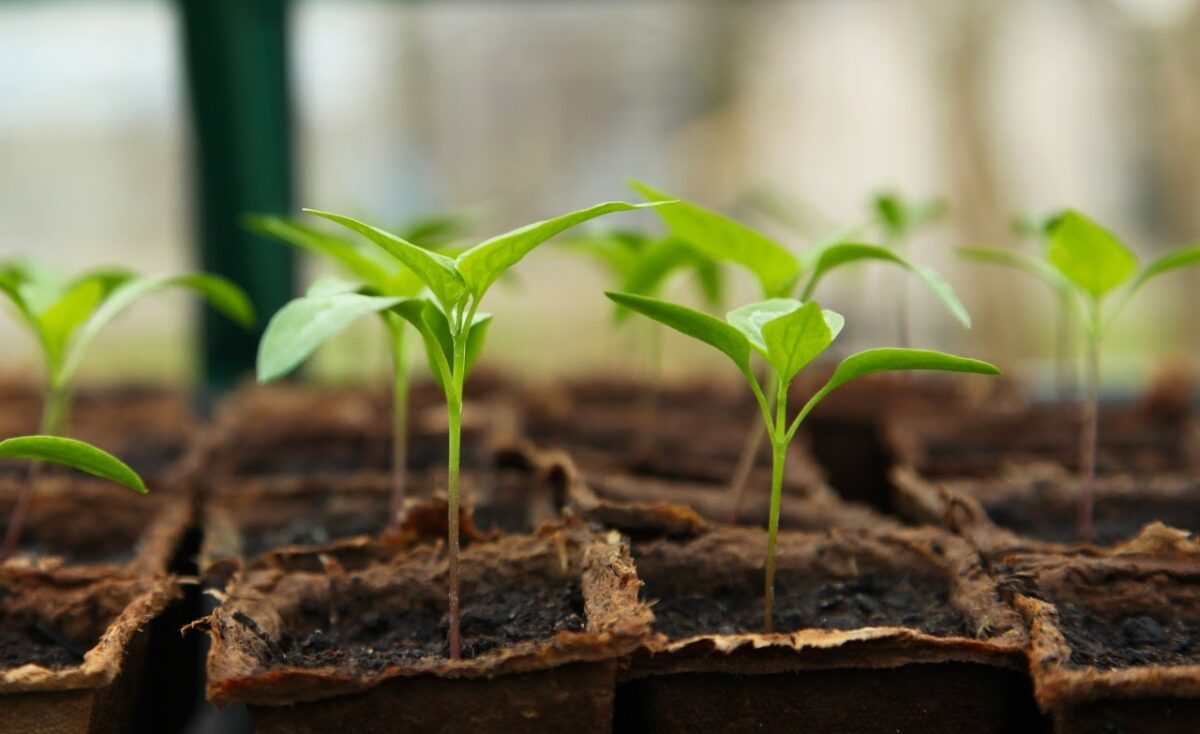There is no specific answer to the question about the exact origin and the development of the Malayalam language. Just like any other language, it also accepted and rejected certain elements during the journey of evolution. Ancient Malayalam prose followed a number of phrases and Sanskrit words and other complicated sentence structures, which was very difficult for common people to follow. Later on, the language evolved by borrowing words from different other languages. In that way, it reduced the dependency on Sanskrit. It seems like the Malayalam language is very much linked to the Tamil. Even before the acquisition of the unique identity of the Malayalam language, Tamil literature had flourished on many levels. It is in this context that it is believed that much was borrowed from Tamil to Malayalam. With the arrival of the Aryans, the Sanskrit influence on the language became strong again.
It is estimated that more than 3.5 crore people around the world speak this language. Malayalam belongs to the Dravidian language family and is closely related to other Indian languages like Sanskrit and Tamil.
This is due to the Dravidian heritage and the Brahmanical supremacy that existed during the language development period. But not only most of the languages in India, Malayalam has elements of most of the world’s languages. It can be seen that the trade relations that Kerala had from the earliest times greatly influenced the development of the language. Many words took root in Kerala as a result of the West, West-Asian influence. It is important to mention Arabic and English here. In addition, Hindi, Urdu, European languages and Chinese all contributed to Malayalam. The British, the Portuguese and the French all left the country, but the words they left with us still remain. Many of the words we have adopted from other languages still do not have equivalent Malayalam words. Many words became Malayalam itself. The greatest example is the words we use in everyday life, such as switch, fan, tire, bus etc.
According to some evidence, the Malayalam language bears a striking resemblance to Kannada.
For example,
മലയാളം – തോണി, കന്നഡ – ദോണി
മലയാളം – ഒന്ന്, കന്നഡ – ഒന്ദു
മലയാളം – വേലി, കന്നഡ – ബേലി
Development of local languages
Poet Kunjunni Mash’s lyrics – ‘One Hundred Languages in Six Countries’ is very popular in Kerala literary circles. Although Kerala is one of the smallest states in India, the Malayalam language has many regional differences. Different dialects in fourteen districts. The language and its pronunciation in different parts are different and interesting. Whether we know it or not, we all speak Malayalam in a different way instead of the print language. At the local level, spoken language is always preferred.
A linguistic study conducted by the Department of Linguistics, University of Kerala found that there are 12 regional variants of Malayalam. It has four main regional forms: South (Travancore), Central Kerala (Kottayam), Thrissur and Malabar.
These exist only as a spoken language. The influence of the Kottayam style can be seen in the print language as well.
This may be due to the fact that many of the early printing presses were located in and around Kottayam. Over the time, the Malayalam language underwent various changes. Sanskritization decreased. People started using Malayalam words which is more similar to English. While language enthusiasts lament the loss of pure Malayalam, it should be noted that the language became more simpler.
Evolution from prose
Language modernization comes after many stages like prose, verse, theatre and manipravalam. Modernization begins with the beginning of printing. With this the structure of the Malayalam language gains strength.The end of an era in which poetry was accepted as the only branch of literature and the growth of prose strengthened the language. In the 1860s, Kerala Varma Valiyakoithampuran introduced a new language form in Malayalam which was intertwined with Sanskrit and Tamil. Later ‘Good Malayalam’ was given to the students by AR. Rajaraja Varma. Later, with the advent of socialist realism, Renaissance storytellers arrived and reshaped stories and novels. The seventies can be described as the modern stage of Malayalam and the nineties as the post-modern stage. It was only after this that fundamental ideas such as existentialism, feminism, dalitism and environmentalism began to be put forward in literature. The language was given a popular face by the progressive literary genre, who wrote the real life stories of society, in a language that resonates well with the common man.
Changes in language in socio-cultural spheres
Similarly, many abusive words were omitted as part of social advancement. For example, the term വികലാംഗൻ / വികലാംഗ (Disabled) has been replaced by the term ഭിന്നശേഷിക്കാരൻ / ഭിന്നശേഷിക്കാരി (Differently abled). Many words were marked as unparliamentary. Instead of words like നപുംസകം, ആണും പെണ്ണും കെട്ടവൻ, ഹിജഡ (abusive words pointing at third gender) , the polite word transgender became popular. The progressive development of the language is highlighted here.
Technical words are rooted in language
Even if we still do not use English words in literary spaces, there is a situation where English words cannot be omitted when it comes to the digital age. Attempts are being made to make mobile applications and digital products in Malayalam, but we do not even have a Malayalam word equivalent to many popular English words. So we transliterate most of them.
The Administrative language is Malayalam
Malayalam emerged as an administrative system and as a medium for teachers in schools and colleges. Significant liberalization in their attitudes has enabled Malayalees to always welcome other languages on their own, and interactions with these have helped in various forms of development. The Malayalam language has been able to contribute literary works and writers who can compete with world literature as it reaches the modern generation, subject to many changes. At the same time, we can see the pitiful sight of the new generation turning away from their mother tongue, despite years of struggle and achievement of great language status.
April 8, 2021 — magnon
